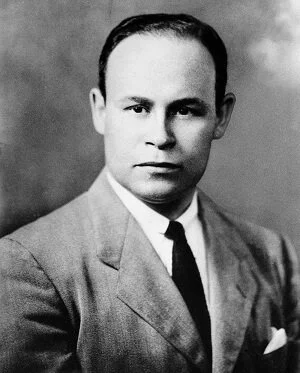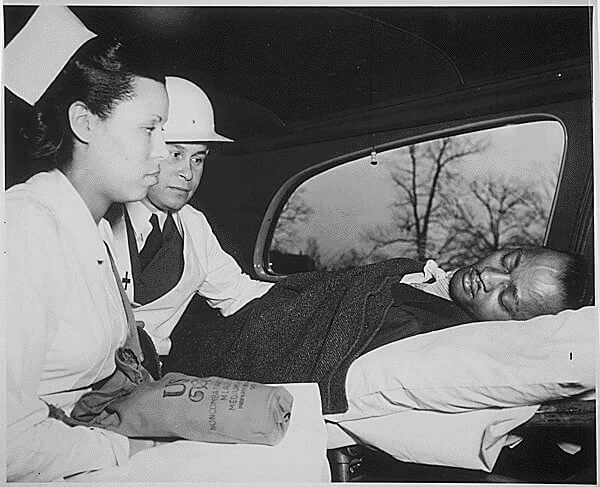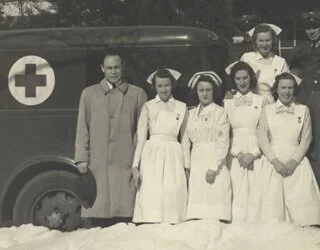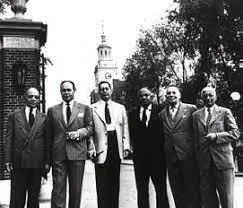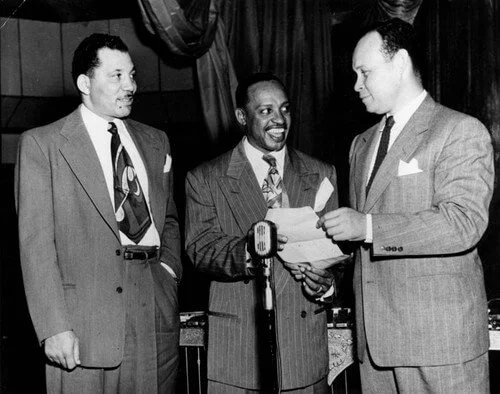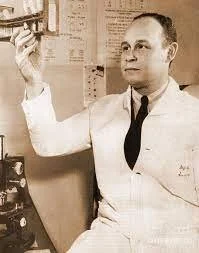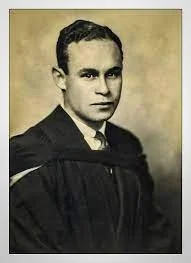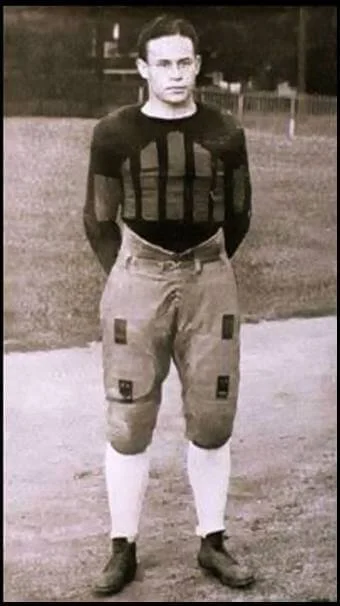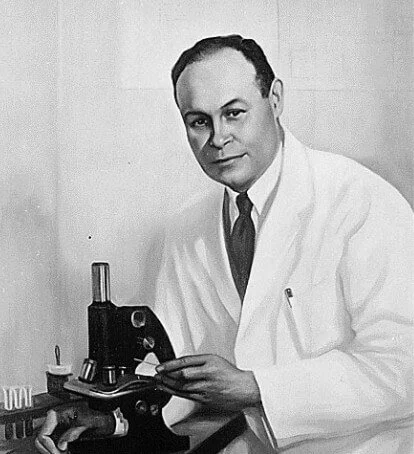
Home > About Us > Dr. Charles Drew
DR. CHARLES DREW
Renowned surgeon and pioneer in the preservation of life-saving blood plasma
“Father of the Blood Bank”
DR. CHARLES DREW
Renowned surgeon and pioneer in the preservation of life-saving blood plasma
“Father of the Blood Bank”
Dr. Drew was a pioneering physician and medical researcher who made significant contributions to the fields of medicine and science, especially around blood transfusion and storage. His work has saved countless lives and helped to lay the foundation for the modern blood banking industry.
Born in Washington D.C., Dr. Drew was the oldest of five children and showed an early aptitude for science and medicine. After completing his undergraduate education at Amherst College in Massachusetts, he went on to earn a degree in medicine from McGill University in Montreal, Canada.
Drew's groundbreaking research into blood transfusion and storage began during his residency at New York's Columbia University College of Physicians and Surgeons. In the early 1940s, he was appointed as the first director of the American Red Cross Blood Bank and was tasked with organizing a nationwide program to collect, process, and distribute blood for the military during World War II.
-
Drew's innovative methods of blood preservation and transportation revolutionized the way blood was collected and used in medical procedures. He discovered that blood could be separated into its different components (plasma, red blood cells, and platelets) and stored for later use, thus allowing blood to be transported over long distances without spoiling. This was a breakthrough in the field of blood transfusion and paved the way for the development of modern blood banks.
Unfortunately, Drew's achievements were not always recognized or respected. Despite his many contributions to medicine, he was denied admission to several hospitals due to racial discrimination, and he was even forced to resign from his position at the American Red Cross due to segregation policies.
Despite these setbacks, Drew continued to work tirelessly to improve the field of medicine and to ensure that his innovations were widely adopted. He went on to serve as the first African American examiner for the American Board of Surgery and was later appointed as the first African American professor of surgery at the Howard University College of Medicine.
Today, he is remembered as one of the most important figures in the history of medicine and is recognized as a pioneer in the field of blood transfusion and storage. His groundbreaking work in the field of medicine and his unwavering dedication to improving the lives of others continue to inspire individuals to this day.

